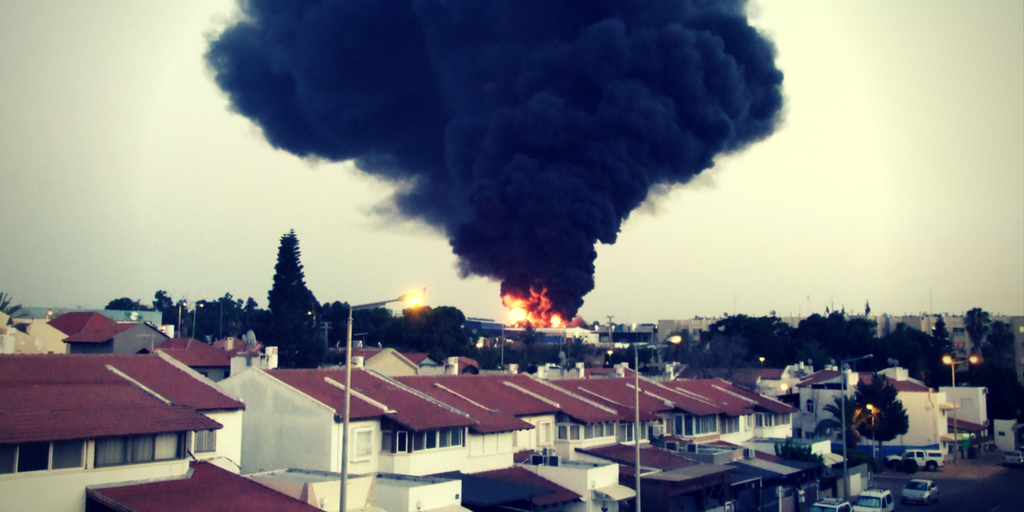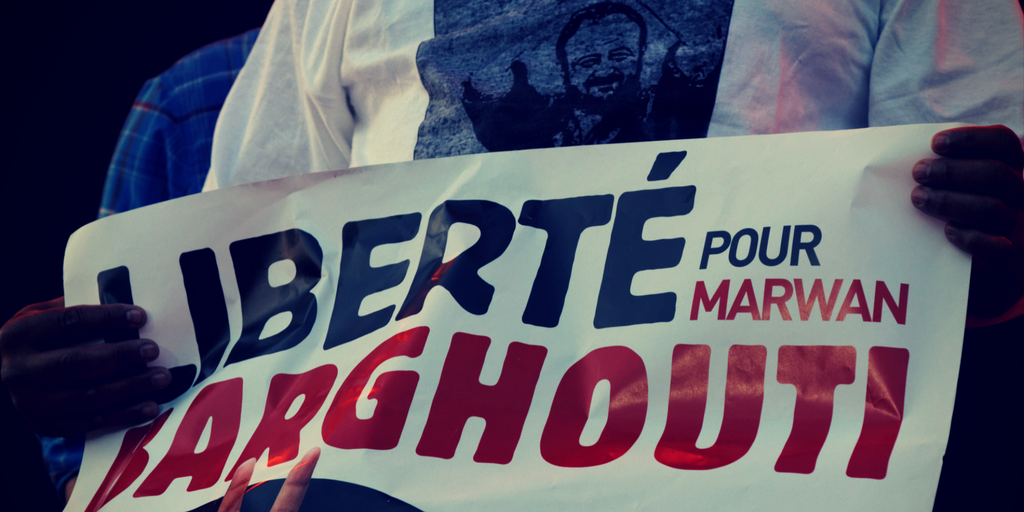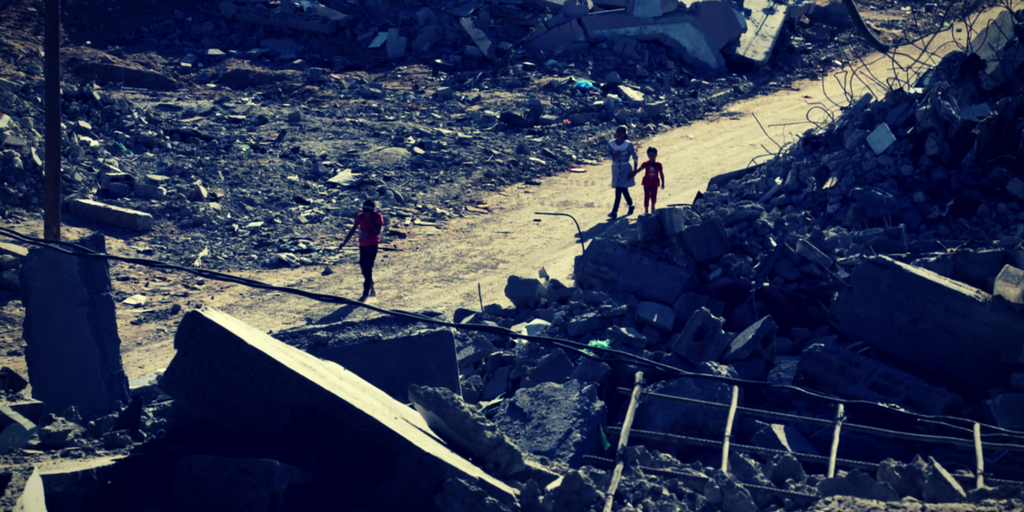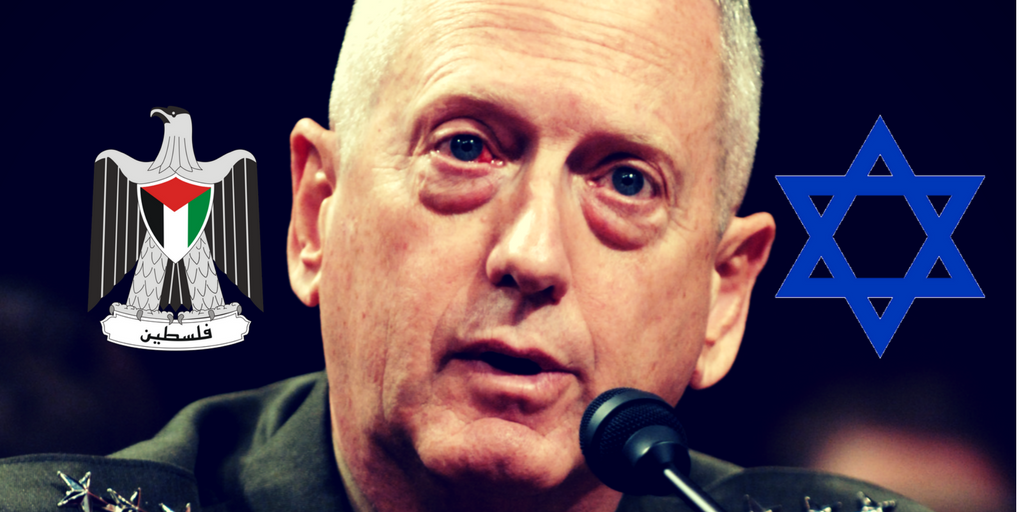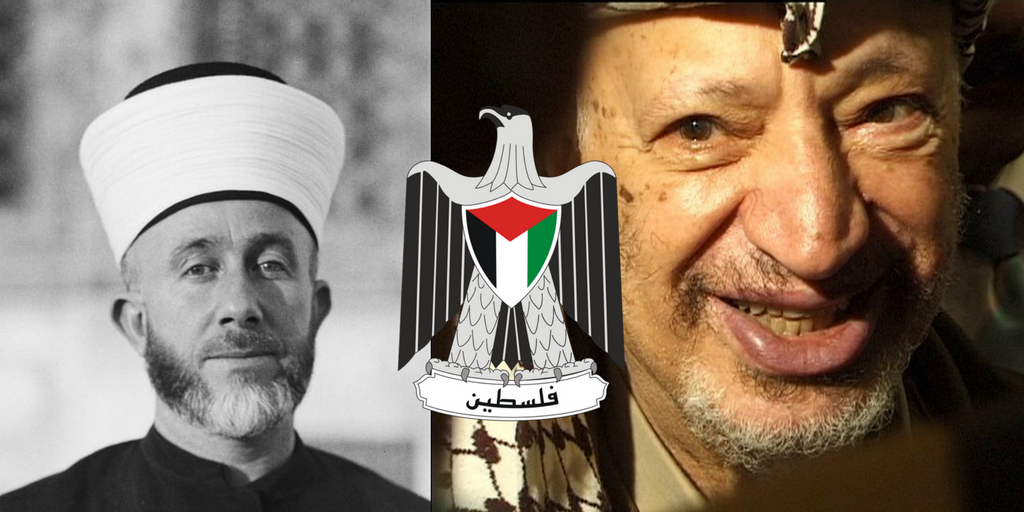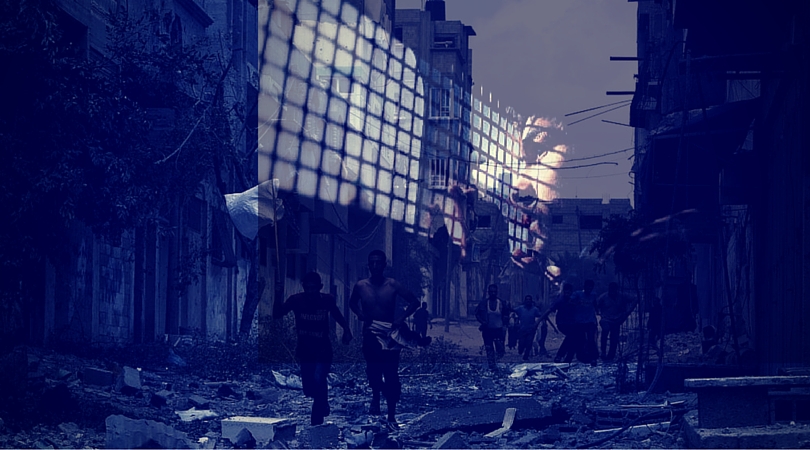What it means for Israel.
Earlier this month, a new Palestinian unification agreement was signed in Cairo through Egyptian mediation. It is unlikely to differ much from the previous 2011 agreement between Fatah and Hamas that fizzled away. In control of Gaza since 2007, Hamas is committed to the destruction of Israel without much pretense. Fatah, the party of President Mahmoud Abbas, would like the Jewish state to disappear in stages, albeit, with internationally sanctioned agreements, and good doses of terror inspired by the Ramallah regime. Just like a leopard cannot change its spots, the Palestinians cannot discard their deep enmity toward the Jewish state.
Al-Jazeera reported on October 12, 2017 that “Palestinian political parties Hamas and Fatah signed a reconciliation deal in the Egyptian capital, Cairo, on Thursday, as part of an effort to end the decade-long rift. The announcement comes after representatives from Hamas and the Fatah-led Palestinian Authority (PA) convened in Cairo on Tuesday to implement a unity agreement that was signed in 2011 but not put into action.”
In recent months, Hamas has been under increased pressure to give up its sole control over the Gaza Strip. The PA has cut the salaries of PA employees living in Gaza, and at the same time electricity to Gaza has been reduced. On top of that, Israel’s blockade has furthered the power shortages in Gaza. One of the elements in the agreement signed would allow Palestinian Authority Security forces to control the Rafah crossing between Gaza and Egypt, as of December 1, 2017. This is believed to be a way to end Egyptian closure of the border crossing, and thus allow goods and people to cross into and out of the Gaza Strip.
Western powers, hoping that the reconciliation agreement would signal momentum toward an eventual Israeli-Palestinian peace agreement would have to be skeptical given the existing precedence of Palestinian factions inability to come to terms. Moreover, in order for a genuine Israeli-Palestinian peace process to materialize into a peace agreement, the agreement has to fulfill two vital conditions.
The first being that the unification of the two factions (Fatah and Hamas) must produce a unified leadership that can speak with one voice, and be empowered to proceed with peace negotiations with Israel. This objective must be publicly announced by all Palestinian factions. If, on the other hand, the objective of the unification is to solidify Palestinian opposition to a peaceful coexistence with Israel by allowing Hamas to keep its military arm, and continue its acts of terror by firing rockets at Israel, building tunnels, and commit murderous acts against Israeli civilians, then this unification will lead nowhere but to continued bloodshed. It will also make it impossible for the international community to seek continued Israeli-Palestinian negotiations.
The second condition is for the unified Palestinian administration to openly reaffirm all Palestinian commitments regarding Israel and the international community signed at the Oslo Accords and witnessed by the international community.
In the meantime however, none of these condition have been met. While PA officials seek to “sell” Western powers on the efficacy of Palestinian unification on the peace process, other top PA officials are revealing Palestinian true intentions. The Times of Israel reported (October 20, 2017) that an official at the Palestinian Mission to Columbia tweeted a quote from former Palestinian leader Yasser Arafat calling for the destruction of Israel. The tweed read, “Our goal is the end of Israel, and there can be no compromises or mediations… We do not want peace. We want war and victory.”
Hamas leader in the Gaza Strip Yahya Sinwar, declared on October 19, 2017, during a speech in Gaza that his terror organization will never disarm, adding that, “Gone is the time in which Hamas discussed recognition of Israel. The discussion now is about when we will wipe out Israel.”
Ynet-News reported that “U.S. President Donald Trump’s special Mideast envoy, Jason Greenblatt, said that if Hamas wants to play a role in any Palestinian government, it must renounce violence and commit to peaceful negotiations with Israel, adding that they must meet the international demands to recognize Israel and accept previous agreements with it.” Greenblatt added that Hamas must accept these basic requirements, which are also the Middle East Quartet’s (UN, EU, U.S. and Russia) requirements.
It is downright naïve to believe that Hamas would renounce violence, or that the PA is truly interested in real peace with Israel. It is worth remembering that in Geneva, Switzerland, on a cold December day in 1988, Arafat “renounced” violence and pledged to recognize Israel, only to authorize six months later a terrorist attack on Israel at Palmachim beach in central Israel. This reporter was a witness to Arafat’s coached Geneva pledge in order to initiate a dialogue with the U.S. administration.
The PA has allegedly accepted the key principles outlined by the quartet. Hamas though, views the Quartet’s demands as conflicting with its position of using armed resistance against Israel (i.e. terrorism), supposedly to end the occupation. Yet Israel handed over control of the Gaza Strip to the Palestinians in 2005, exposing Hamas’ uncompromising stance.
In a Facebook statement (October 12, 2017), Israel’s Prime Minister Benjamin Netanyahu wrote that “Israel opposes any reconciliation in which the terrorist organization Hamas does not disarm and end its war to destroy Israel. There is nothing Israel wants more than peace with all our neighbors. Reconciliation between Fatah and Hamas makes peace much harder to achieve. What does it say when you reconcile with a terrorist organization that: seeks to annihilate Israel, advocates genocide, launched thousands of rockets at civilians and digs terror tunnels, murders children, represses minorities, bans LGBT, rejects international obligations, refuses to free Israeli civilians it holds hostage, refuses to return the bodies of Israeli soldiers to grieving mothers and fathers, tortures opposition, and mourns Ben Laden’s death. Reconciling with mass-murderers is part of the problem, not part of the solution. Say yes to peace and no to joining hands with Hamas.”
It seems that Fatah has capitulated to Hamas rather than the reverse. Fatah will not seek to force Hamas to give up its “resistance,” a euphemism for terrorism. According to Palestinian Media Watch (PMW) Jibril Rajoub, a member of Fatah Central Committee and former head of the Preventive Security Force in the West Bank, told Al-Mayadeen TV (Lebanon), October 6, 2017, “the Fatah-Hamas unity government will not give up resistance.” Another Fatah Central Committee member, Azzam Al-Ahmad, elaborated on Rajoub’s statements by explaining that Fatah has not changed its principles, which remain “popular resistance, armed struggle, and negotiations.”
The new unification agreement between Fatah and Hamas, which includes admission of Hamas into the Palestinian Liberation Organization (PLO), does not much differ from the previous agreement in its attitudes toward Israel. The agreement enshrines “resistance,” (terror), and resistance cannot go together with peace. What makes this agreement somewhat different is Egypt’s role in it. Abdel Fattah el-Sisi, Egypt’s president, has put his prestige on the line, and both Hamas and the PA know the consequences of failure. Hamas has been branded a terrorist organization by the U.S., the European Union and Israel. It has also been an enemy of Egypt’s President el-Sisi by virtue of its ties to the Muslim Brotherhood.
For Israel, a key question is, in a Palestinian unity government, will PA security forces be able to thwart terrorist attacks against Israel as they have done in the past? Israel’s response to the reconciliation agreement this time has been more measured and cautious, but few Israelis expect the agreement to bring the Palestinians closer to making peace.
Originally Published in FrontPageMag.


